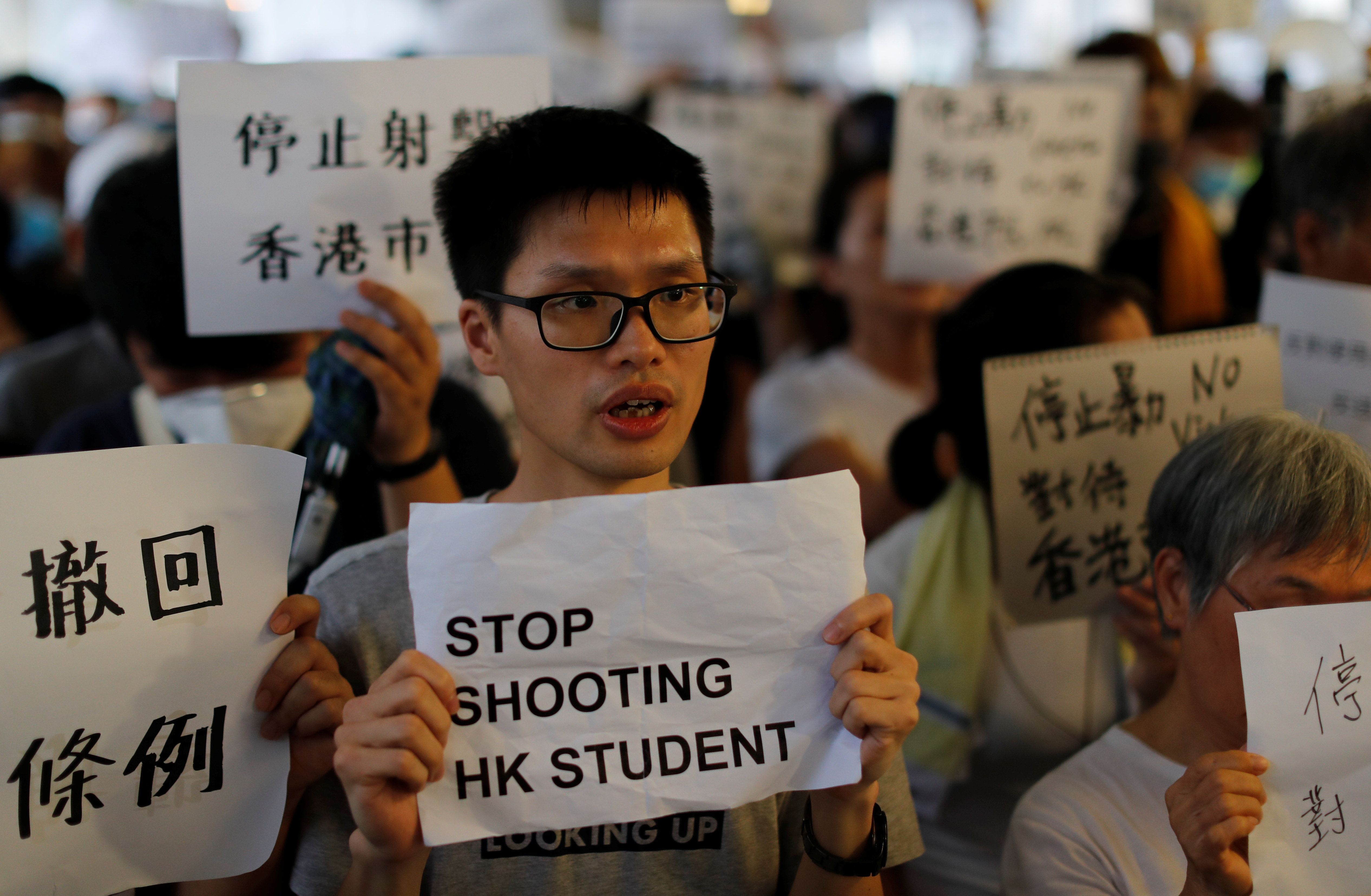Fair courts. Independent prosecutors. Clean police. Leaders who are held to account… These things are essential for a society to function under what we call rule of law. In a busy news week, three of the biggest stories in the world shared a common thread: the rule of law is in trouble.
After violent clashes in Hong Kong between police and activists, local legislators have postponed debate over a controversial new law that would permit the extradition of Hong Kong residents to mainland China. More protests are expected this weekend, but Hong Kong chief executive Carrie Lam, who enjoys the strong backing of China's leadership in Beijing, still intends to see the law through.
Spoiler: it's only a matter of time before she does. That will leave Hong Kongers subject to a mainland judicial system that is far more politicized and opaque than their local courts. What's more, Ms. Lam wants to dust off long-shelved proposals that would give Chinese authorities more leeway to crack down on dissent in the former British territory.
Meanwhile, earlier this week, the Kremlin responded to an unusually strong outcry over the bogus jailing of Moscow-based investigative journalist Ivan Golunov, by intervening to scrap the charges and fire two senior officers responsible for the arrest. That sounds like good news – and for Mr Golunov it most certainly is. But selective intervention by a Tsar-like president isn't at all the same thing as true rule of law. Both the arrest and subsequent intervention by President Vladimir Putin reinforce the pattern of arbitrary power that is one of Russia's biggest and most stubborn problems.
And sometimes the rule of law can suffer if prosecutors abuse that power. Over to Brazil, where the judge who heard trials in the massive "Lavo Jato" corruption investigation that's jailed hundreds of once-untouchable business leaders and politicians -- including the popular leftist former president Luiz Inacio "Lula" da Silva -- appears to have been improperly coordinating with prosecutors. That's according to leaked conversations published by The Intercept earlier this week. The revelations raise questions not only about Lula's conviction, but about the fairness and transparency of the whole probe. And it doesn't help that judge in question -- Sergio Moro -- is now Justice Minister under President Jair Bolsonaro, who cruised to victory in last year's presidential election after Lula was disqualified due to his conviction. Talk about an own-goal for the rule of law.
